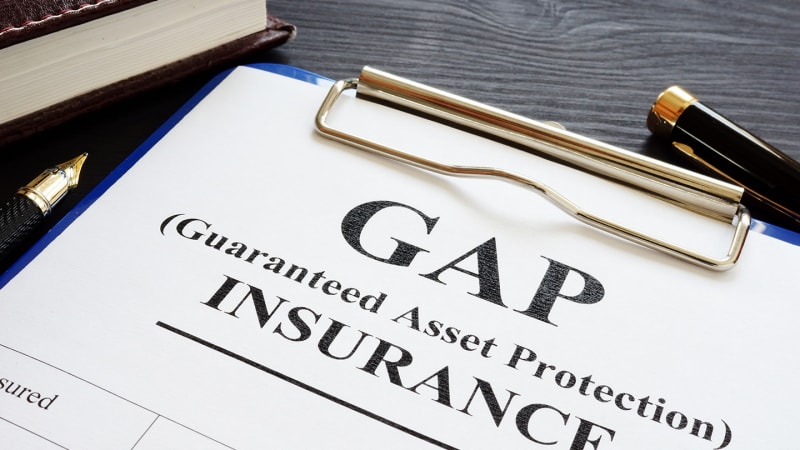What is the difference between amortization and depreciation in car financing?

Quick insights
- Amortization refers to the process of paying off a car loan through regular, scheduled payments.
- Depreciation is the decrease in a car’s value over time.
- Amortization and depreciation in car financing are very different concepts.
Amortization involves paying off debt with regular, scheduled payments. Depreciation refers to the declining value of a car. In this article, we’ll explain the differences.
Amortization vs. depreciation
There’s a simple way to distinguish these terms. When you think of amortization, think about making payments. To remember depreciation, think about what your car is worth as it ages and racks up miles. Below, we’ve provided some additional detail to help you understand the differences.
Amortization
Amortization is a process of paying off a loan over time by making regular, scheduled payments. Each payment is usually the same amount. For example, you might make the same payment toward your loan every month for five years. If you make every payment on time, the loan will be paid in full after five years.
By making payments on time every month, at the end of the loan term the loan is fully “amortized,” or paid off. If payments are not made on time, penalties and extra interest are normally assessed, a strong motivator to stay on schedule.
Depreciation
Deprecation is the decrease in value that something undergoes, often as it ages. Overall, cars depreciate at a steady rate, but depreciation is made worse by high mileage, wear and tear, dents and dings.
The value of a vehicle will probably be its highest at the time you buy. However, an early and significant depreciation event is the day a car is driven off the lot and goes from new to used.
What factors affect car loan amortization?
Making additional payments to the loan principal can affect how quickly a loan amortizes, or “pays off.” The more you pay toward principal—whether with additional payments or by adding to your regular, scheduled payments—the faster you pay off the loan. All scheduled payments must still be made on time.
On the other hand, if you make a partial or late payment, you may still be making payments after your originally scheduled amortization date. And worse, extra interest and fees may be applied for not sticking to the original amortization schedule. The amortization schedule for a car loan is set as you finalize the contract and agree to repay the loan. An amortization schedule won’t change if you continue making full payments by their original due dates.
How does depreciation affect car loans?
While depreciation in value affects cars themselves, it doesn't affect car loans. A vehicle’s purchase amount is tied to the value of the car when it’s bought. The loan amount is set by the price you agree to pay minus any down payment. However, as a car is used and depreciates, the loan isn’t affected by the car’s value.
The older the car, and the more it is driven, the lower its value. The value at the time you buy a car helps determine the price you pay. Your budget and driving preferences are more important to consider when deciding to purchase a new or used car.
In summary
Amortization and depreciation are distinct concepts. Amortization refers to the gradual repayment of a loan, while depreciation is the decrease in something’s value. That decrease happens as something is used and ages. The age and mileage of a car cause depreciation, as will any damage. Depreciation does not have an effect on a car loan.



